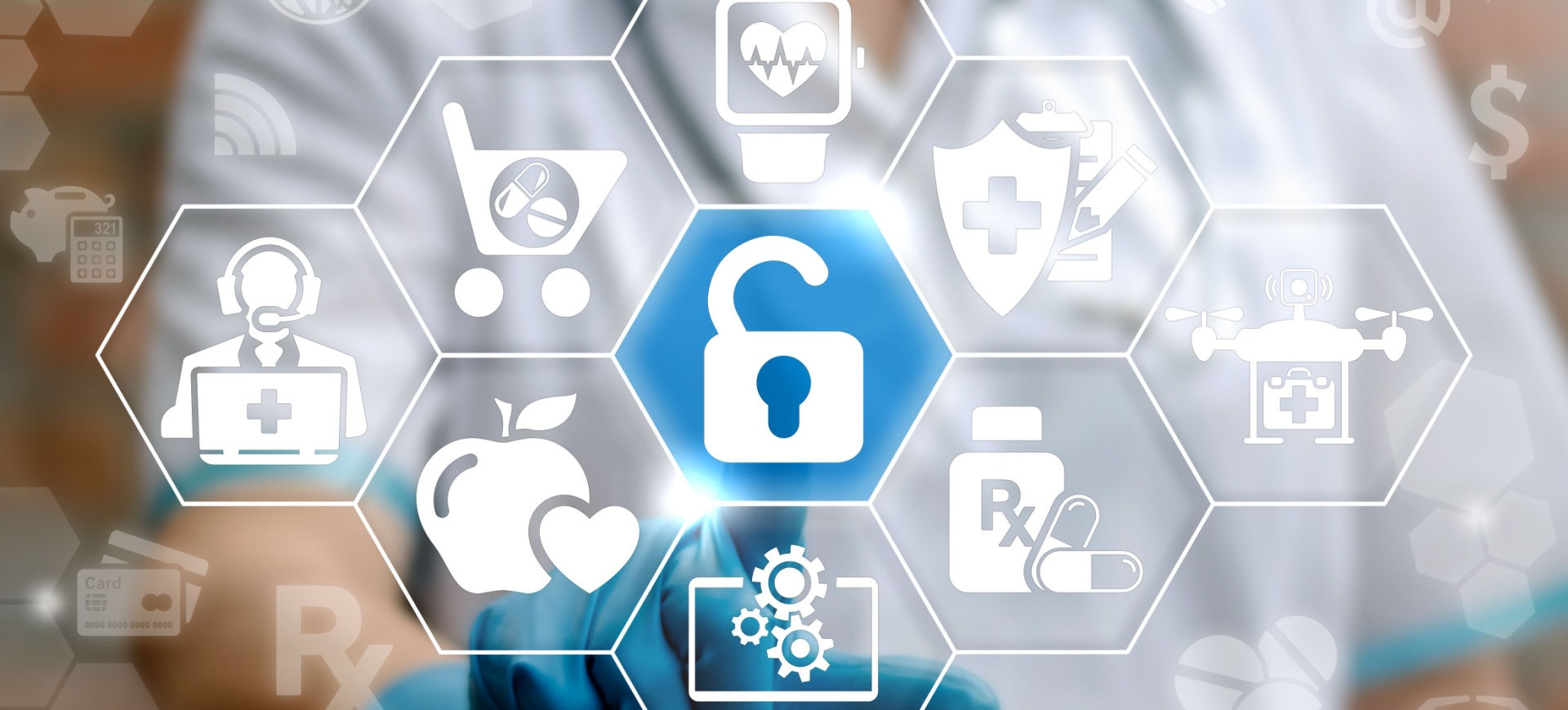The poly-opportunity
G7 action on debt, tax and access to technologies can enable health security for all and show the world that multilateralism works
G7 leaders gather at a moment when the world is not only off track in meeting agreed goals, but off kilter, with rising tensions risking a loss of confidence in multilateralism itself. The reinvigoration of multilateralism is vital for overcoming the challenges ahead: as the Covid-19 and AIDS pandemics have shown us, human security depends on how well we cooperate.
G7 chair Italy has emphasised the need to “build a model of cooperation” with the countries of the Global South in which “strategic investments tie our futures together” in ways that are “mutually beneficial”. The G7, working in coordination with the G20 and the United Nations, can realise this vision through supporting courageous reforms in the international architecture.
First, it needs to deal effectively with debt restructuring. As key creditors, influential global leaders and members of the G20, G7 members play essential roles in freeing up the very excessive debt repayments of low- and middle-income countries. Half of the countries in sub-Saharan Africa are either in debt distress or at high risk of it, spending, on average, three times more on repaying debt services than they do on health. If this is left unaddressed, it will be dangerous – not only for Africa but for the whole world.
Coordinated significant relief and restructuring of debts to both public and private creditors, facilitated by improvements in banking rules in the G7 jurisdictions under which global firms operate, will be good for everyone in the world – by enabling the health security, stability and the prosperity of future generations. Among other achievements, G7 members have powered global progress towards the end of AIDS by contributing 74% of all official development assistance towards health and 89% of all international assistance for HIV. Continued action by G7 members to ensure sufficient financing for HIV, through intensified aid alongside action on debt, can enable the end of AIDS as a public health threat this decade, make sure those gains are sustained and enable the world to be ready for the pandemics to come. Alongside these health impacts, projections demonstrate that the long-term financial costs of action are vastly lower than the financial costs of inaction.
Fiscal self-reliance
Second, G7 members are rightly keen to see low- and middle-income countries become more self-reliant fiscally and need to support the growth of new avenues for those countries’ domestic revenue collection. Brazil, host of November’s G20 summit in Rio de Janeiro, has placed the establishment of new taxes on the agenda as a way to source revenue that can be invested in health and other social priorities. Needs highlighted in G20 discussions, which the G7 can help advance, include taxes on the wealth and capital gains of individuals and companies to reduce inequality, with the collected revenues redeployed for social priorities such as health, HIV, child welfare, gender equality and social protection.
Third, G7 members have a vital role, and a clear strategic self-interest, in making sure everyone in the world has access to the most advanced and most effective health technologies to ensure global health security. This requires support for reforms for which low- and middle-income countries have been advocating, so that intellectual property rights do not act as a barrier to access to life-saving medicine, alongside support for growing capacity in the Global South for domestic research, development and production of assured-quality health technologies.
As countries gear up for the UN’s Summit for the Future in September, the Apulia Summit provides an opportunity for G7 members to demonstrate that they are ready to enable that future and help set it in motion.
The health security of us all depends on cooperation for a restructuring of debt, progressive taxation and equitable access to health technologies. Such an approach is achievable, and essential, and is core to the mandate of the G7 and to the vision set out by Italy as G7 chair. Leaders have a poly-opportunity. Whether the G7 and G20 seize that opportunity will help determine whether the world successfully navigates the challenges of this decade and beyond. The health of all of us depends on it.












